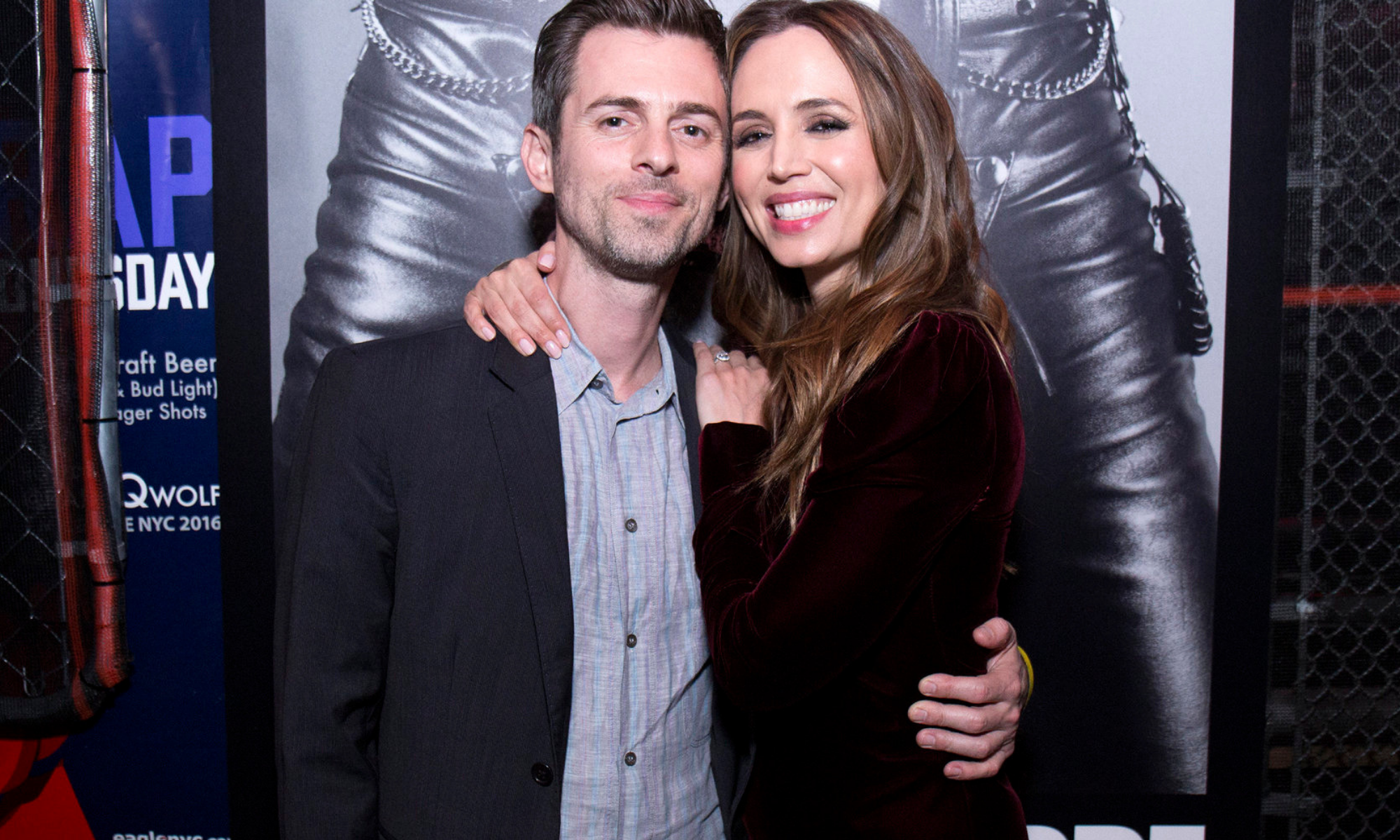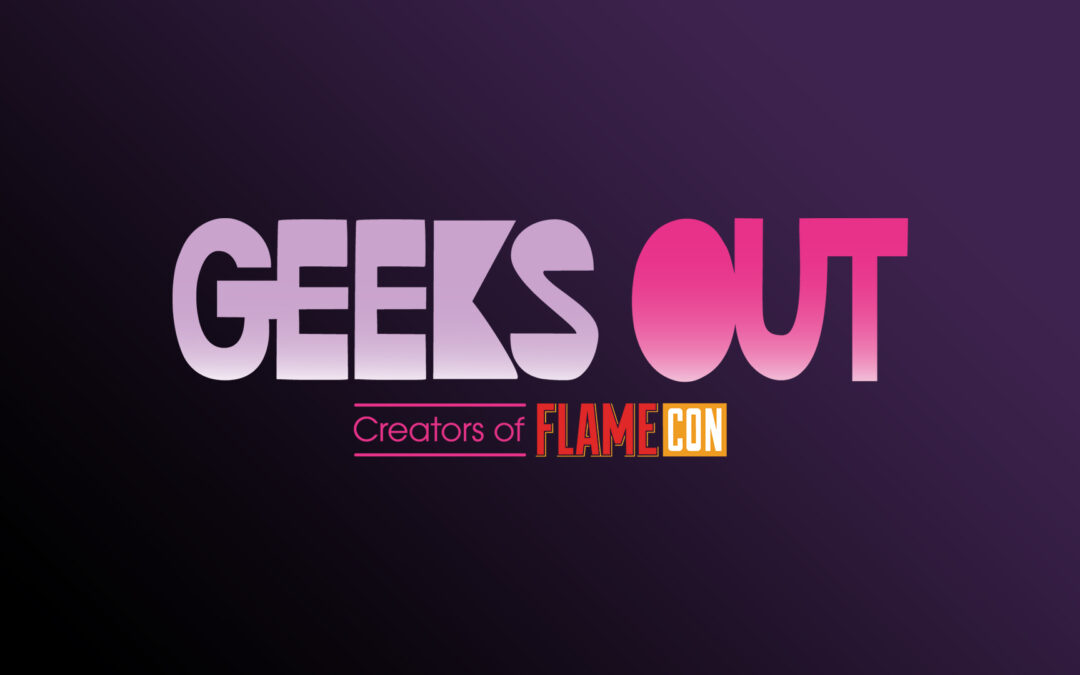
by Justin Lockwood | Mar 3, 2019 | Blog
Eliza and Nate Dushku are like a lot of siblings-their words overlap, and they’re obviously close-except both happen to be very good-looking (seriously, what is with their family’s genes?) and have spent a lifetime acting and now producing in film and...

by Geeks OUT | Nov 9, 2016 | Blog
It wasn’t until 2016 that I started watching Buffy the Vampire Slayer. It had been one of my biggest pop cultural blind spots for years, but I was as defensive about never having seen it as I was ashamed. I was aware of the very positive criticism it had...




